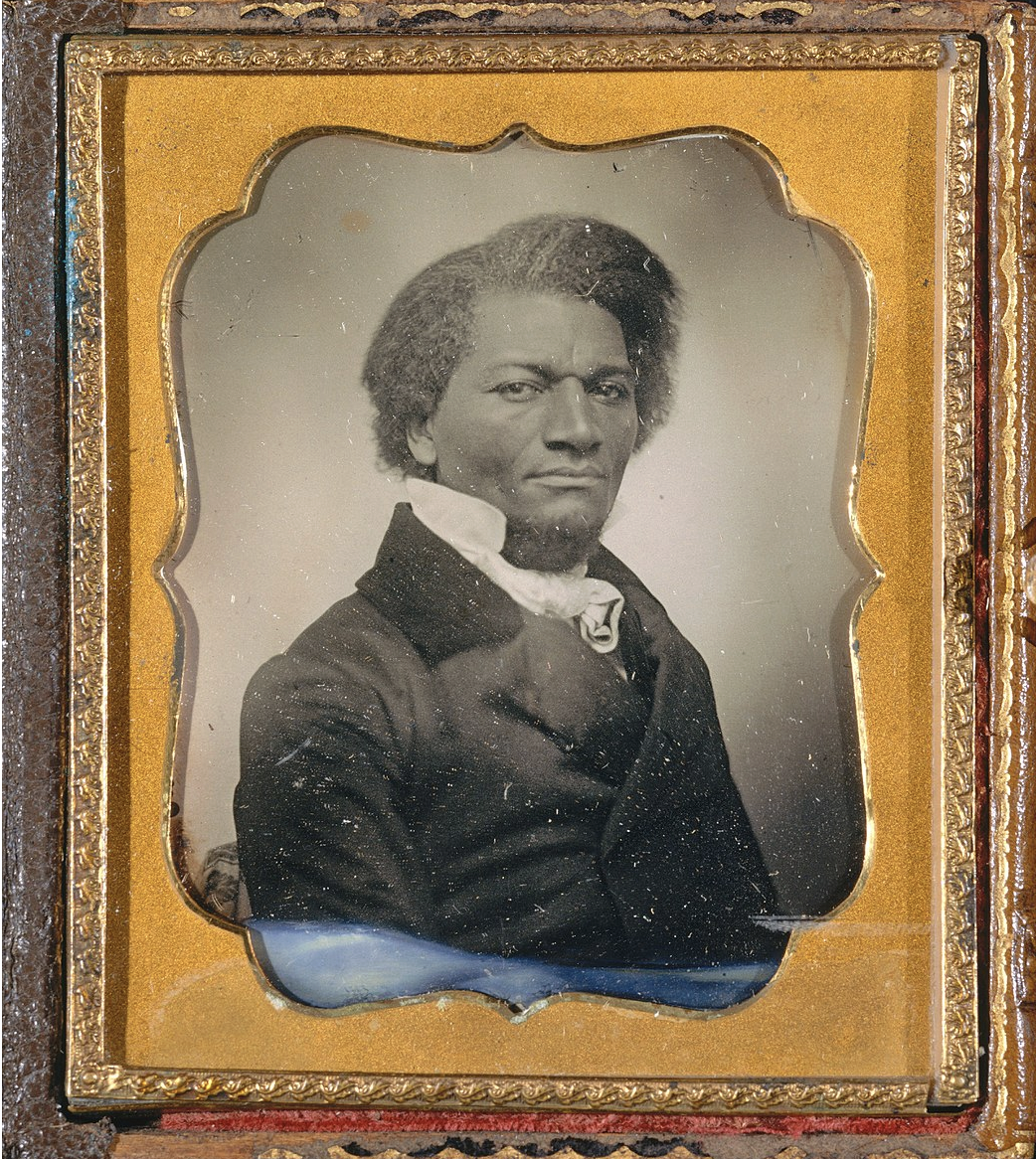On the Podcast: The Beyoncé of 19th Century Bookselling: Frederick Douglass
Frederick Douglass was a Literary Superstar.
On episode 61 of the Your BIPoC Writing Coach podcast, it’s time to learn a thing or two about book promotion from the 19th century Beyoncé of bookselling, Frederick Douglass. This episode is part of our special, ‘How to Be A Famous Author Era’ season. Yes, for season six of the podcast, we are going to be talking about how BIPoC authors can promote their work, build an author platform, and find the fans who will buy, read and support their work forever.
Frederick Douglass Knew How to Sell A Book
You may think of Frederick Douglass as a great orator, a champion of Civil Rights, an advisor to the president of the United States, or just the guy with the great hair. And all of those things are correct. However, Frederick Douglass was also a literary superstar. The man sold over 30,000 copies of his first book when technically, he was still enslaved. Those sales were neither accidental nor incidental. They were fully intentional and Frederick Douglass understood how to market a book, make money from his books, and get subsequent book deals.
Listen to the Full Episode of the Podcast on Apple Podcasts| Spotify| YouTube
Frederick Douglass’ Top Five Tips for Bookselling
On the podcast, I share five tips from Frederick Douglass’s impressive career as a writer and best-selling author, but here are three tips to get you started. Be sure to listen to the podcast to learn about Douglass’s entire winning formula for literary success.
Write a Good Book. Before you can really think about selling your book, you have to write the book first. And you have to write a really good, unique and compelling read. One that people will want to buy, read, and then tell their friends about. This is fundamental and it’s the real reason Frederick Douglass sold so many copies of his books. They were well written, thought-provoking, and they were about topics people wanted to know more about, slavery, abolition, and the life of the man at the center of it all.
Consider International Audiences. Soon after the American debut of Douglass’s first memoir, Narrative of the Life of Frederick Douglass, he sailed across the ocean to sell his book in Ireland, England and Scotland. All told, he was on a two-year book tour and sold thousands of books and made thousands of dollars. He also built up a rabid fan base in these three different countries. So, be like Frederick and consider the fact that there might be audiences outside of your home country who would enjoy your work. Whether it’s reaching out to expat groups, or finding local citizens who might resonate with your work, consider the possibilities.
Show Your Face. Frederick Douglass was the most photographed man of the 19th century. And this wasn’t by accident. He was very intentional about getting his picture taken as a means to counterbalance the many negative images of Black people in the press and elsewhere. By crafting a public persona that was practically impossible to ignore, Douglass built buzz around himself which turned into interest for his books.
African-American Bestselling Authors in the 19th Century
Frederick Douglass wasn’t the only Black person hitting bestseller status during the 19th century. Slave narratives were all the rage and Douglass certainly wasn’t the only one with a compelling story to tell. Some of the other people who found literary success at the time include Solomon Northrup, who wrote Twelve Years a Slave, Henry Box Brown, the man known for mailing himself to freedom in a box, and Harriet Jacobs, one of the few women whose personal story - Incidents in the Life of a Slave Girl – was considered a bestseller. In fact, Jacobs and Douglass are often cited together for penning the best slave narratives of the day. And both of their books continue to sell in modern times. All three of these formerly enslaved authors sold thousands of copies of their books during their lifetimes, which in some cases translated to financial gains that allowed them to significantly improve their lives and the lives of their loved ones. Don’t you want that for yourself?
This is Your Famous Author Era
If you want to learn more about bookselling and book promotion, be sure to subscribe to the Your BIPoC Writing Coach podcast so you hear every episode in the Your Famous Author Era season. If you haven’t listened to the interview with the author of The Case for Cancel Culture, Ernest Owens, who shares his tips for launching a nonfiction book, go ahead and download that episode right now.
